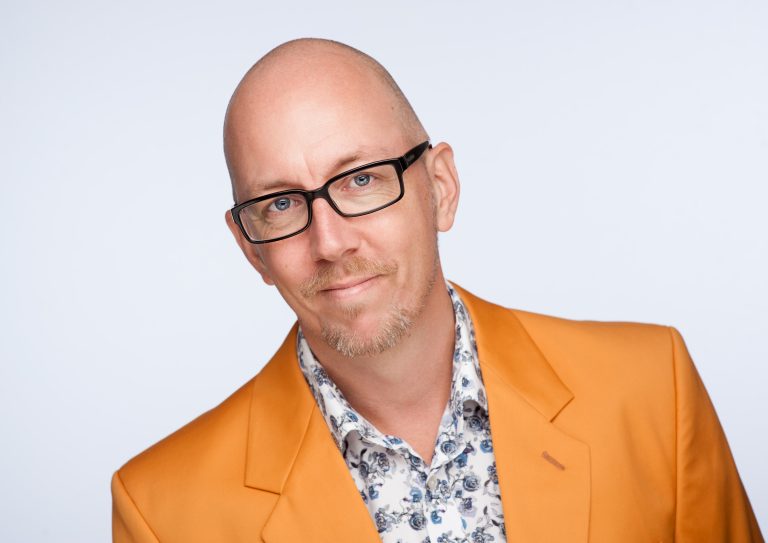Simon Rowland, Partner and Head of Construction and Engineering and Michelle Essen, Managing Associate, at law firm Womble Bond Dickinson, take a look at the events of 2021 and the potential challenges and opportunities that the sector could be presented with in 2022. There is no doubt that 2021 has been a tough year for the construction industry. Global disruption from the pandemic, Brexit and environmental disasters have left their mark on the sector. In the latest ONS figures, construction outputs fell for the third month in a row. Figures for July and August slumped back to their lowest point since February, hitting 58.7 on the UK index – a sharp reduction from the 24 years high of 66.3 in June. With the sector at an apparent impasse and sustainability increasingly high on the global agenda, Modern Methods of Construction (MMC) look more and more likely to be a key part in addressing the struggles faced by the construction industry. In the face of such a dramatic drop in productivity, industry heavyweights are putting their stakes on MMC. For example, volume housebuilder Barratt has reported that 25 per cent of the 12,243 homes built by the end of its most recent financial year used MMC. As 2021 draws to a close, it’s time to consider new construction solutions for a new world. Brexit and supply chain issues In January 2020, we saw the UK finally leave the European Union almost four years after the Brexit referendum. While the UK-EU Trade and Co-operation Agreement has protected trades from any further tariffs, additional red tape and border checks have inevitably slowed down the movement of construction supplies. Given that 80 per cent of timber used in the UK is imported, wildfires and insect damage in supplier countries such as Canada and Sweden have also had a detrimental impact on stock. The shortage of materials has resulted in a price hike that cannot be underestimated. The Timber Price Index hit 92.13 in May 21 Trade Federation (TTF) reported that timber prices surged by 50 per cent between January and May 2021. Add to that, the October 2021 data from the Department for Business, Energy & Industrial Strategy (BEIS) showed that structural steel costs were 72.6 per cent higher than the year previous, and in November we saw steel prices increase for the seventh time in 2021. With these and other shortages across the board, it’s a perfect storm for disruption in an industry built on tight margins. While MMC is not the silver bullet to addressing the materials crisis and certainly not a short-term solution for everyone, MMC’s added benefits of less waste and less weather damage could clearly help the industry. Housing crisis The UK housing crisis is reaching fever pitch, with house prices rising faster than every other economic metric. The government itself has said that “a significant proportion of homes must be built using modern methods of construction (MMC) if we are to meet the target to deliver 300,000 homes annually”. Areas such as the South East of England in particular are in desperate need of housing, but lack the local skilled workforces required to carry out onsite construction. MMC presents an opportunity to tackle the housing crisis in key areas of the country, while at the same time supporting local communities in different areas of the country through investment in MMC manufacturing sites, thus aiding the “levelling up” agenda. Skills shortage In June 2021, the ONS reported that the number of EU workers seeking jobs in the UK has dropped by 17 per cent. But unlike the supply issues, the UK’s skills shortage began long before the UK’s departure from the EU. In 2018, the ONS reported that construction had fallen out of the list of top 10 jobs for people aged 22-29. MMC has the potential to create tens of thousands of jobs for UK workers – it is estimated that if 75,000 modular homes are constructed per year it could create 50,000 new jobs. The challenge, however, lies in attracting new talent to the industry and keeping workers engaged. The solution to this may be to appeal to a younger, increasingly environmentally conscious workforce, who wants to make a positive contribution to society in a sustainable industry. MMC offers a route to greener buildings, and this could make the sector more attractive to younger workers. Move to sustainability 2021 has been the year of sustainability. As we strive for a green recovery, electric vehicles, plant-based industries, renewable energy technologies and more have been at the forefront of both government and industry objectives for the future. Momentum has grown throughout the year, gathering pace in the lead up to COP26. This represents a major global shift towards reducing CO2 emissions to protect the planet. As we embark on a decade of climate action, MMC has an opportunity to fill a gap in the housing market for homes that contribute to Net Zero targets. MMC enables geographical fluidity which then contributes to a reduction of on-site pollution levels and material waste. It bolsters the argument for focusing on a method of building with a lower environmental impact. Looking ahead to 2022 Michelle Essen, Managing Associate, PDL, Construction and Engineering, Womble Bond Dickinson What can we expect for the construction industry in 2022? 2022 for the construction industry is likely to bring the continued development of many of the themes mentioned above. MMC will remain high on the agenda, with continued investment and learnings by the industry. There will be further discussions around how to incentivise increased use of MMC, part of which will be driven also by the need to standardise MMC so it is more easily and more widely adoptable. Materials and labour and skills shortages are here to stay for the immediate future. It will take time for the dust to settle on materials shortages, for the industry to work out how to increase efficiencies and reduce waste, and to find new or alternative supply chains














